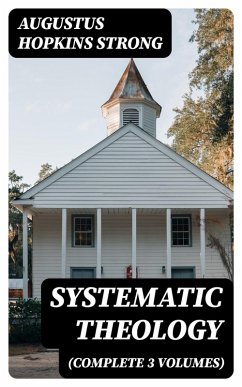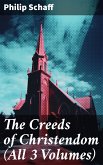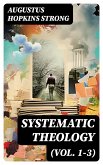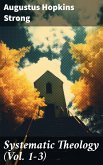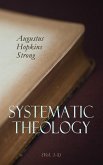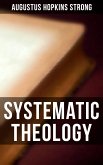In "Systematic Theology," Augustus Hopkins Strong presents a rigorous and comprehensive exploration of Christian doctrine, meticulously divided into three volumes. Rooted in the Reformed tradition, Strong's work employs a systematic approach that synthesizes biblical texts, historical theology, and contemporary thought, rendering complex theological concepts accessible to both scholars and lay readers. The literary style is characterized by clarity and precision, with a strong emphasis on logical coherence and doctrinal integrity, situating it firmly within the broader context of 19th-century American theology. Augustus Hopkins Strong was a prominent theologian, educator, and a pivotal figure in the development of modern Protestant thought. Serving as president of Rochester Theological Seminary, his scholarly pursuits were greatly influenced by the currents of liberalism and the quest for a robust yet relevant theological framework in an age of rapid change. His deep engagement with Scripture, combined with his keen understanding of reigning philosophical currents, inspired him to articulate a theology that is both dogmatic and pastoral, reflecting the needs of a diverse and evolving Christian community. This seminal work is highly recommended for anyone seeking a deeper understanding of Christian theology. Whether for students, theologians, or interested laypersons, Strong's "Systematic Theology" provides an invaluable resource for grappling with foundational theological issues, demonstrating the enduring relevance of classic doctrines amidst modern challenges.
Dieser Download kann aus rechtlichen Gründen nur mit Rechnungsadresse in A, B, BG, CY, CZ, D, DK, EW, E, FIN, F, GR, H, IRL, I, LT, L, LR, M, NL, PL, P, R, S, SLO, SK ausgeliefert werden.

